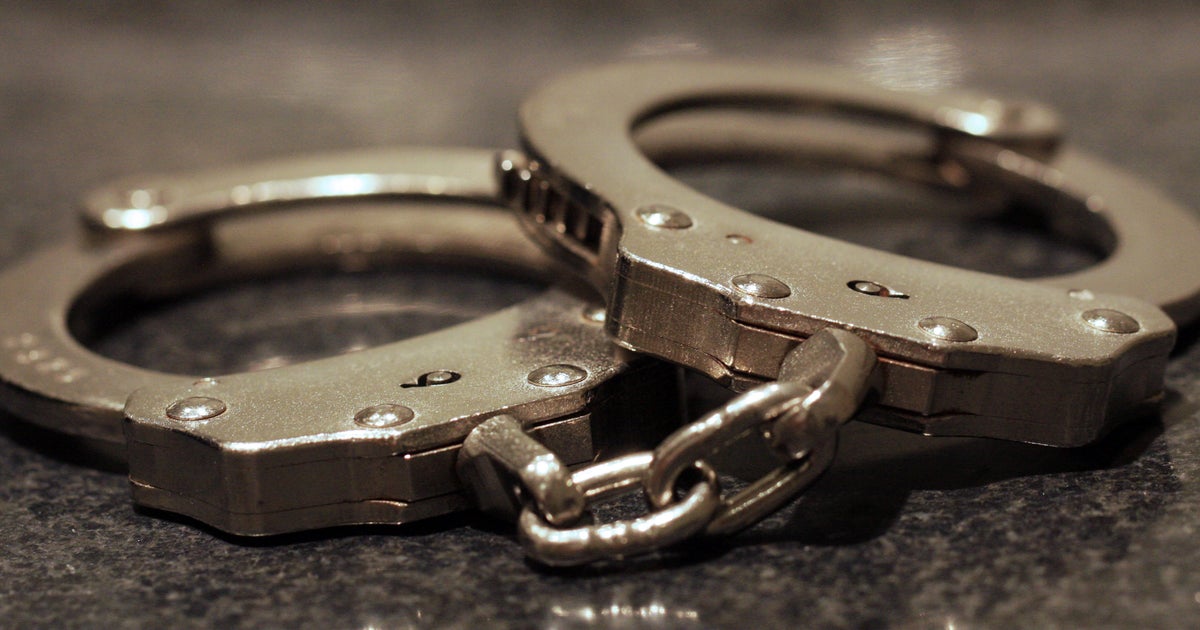Hogan Expands 'Refund The Police' Initiative, Plans To Reintroduce 2 Crime Bills That Have Failed To Pass
ANNAPOLIS, Md. (WJZ) -- As lawmakers return to the State House for the 2022 legislative session, Gov. Larry Hogan said he is expanding his "re-fund the police" program and reintroducing two anti-crime measures he has unsuccessfully tried to get through the legislature.
In October, the governor announced his "re-fund the police" initiative, pledging $150 million to raise salaries, help agencies with recruitment, pay for body cameras and de-escalation training, and other programs. On Monday, Hogan said he has upped the amount to $500 million over the next three years.
A Maryland State Police fund providing aid to local jurisdictions has been bumped 50%, to $137 million, Hogan said, and he announced plans to introduce legislation making these increases permanent.
The governor also pledged another $220 million for law enforcement salary increases, $50 million for capital improvements at Maryland State Police facilities, $37 million for victims' services and $30 million for Neighborhood Safety Grants providing cameras, lighting, increased security services and other upgrades for business districts and main streets.
"There is nothing more important than addressing the violent crime crisis in our state, and our effort to 'refund the police' and to give them the support and the resources they need to do our jobs more effectively," he said.
During the October announcement of the program, Hogan singled out Baltimore and the city's State's Attorney Marilyn Mosby, calling the city a "poster child for the basic failure to stop lawlessness."
Although the governor suggested Baltimore is part of the larger "defund the police" movement that gained popularity in the wake of high-profile police killings of civilians, such as George Floyd, the Baltimore Police Department's budget rose by $28 million last year.
Mayor Brandon Scott pushed back against the governor's comments at the time, saying collaboration is needed to tackle the city's violent crime problem, "not tactless finger pointing."
Senate President Bill Ferguson, who represents Baltimore, said: "A real effort to stop violence and make communities safe requires a coordinated plan that gets executed purposely every day. It also includes strategies that recognize poverty and opportunity shape the outcome of individuals. Divisive rhetoric does not make us safer."
Hogan also announced plans to once again introduce the Violent Firearms Offender Act and Judicial Transparency Act during the session, laws that would toughen sentences for repeat violent offenders who use guns and authorize reports on the sentences handed down by judges in violent crime cases, respectively.
The governor submitted the bills during the 2020 session and again during a special session in December that focused on a new congressional map. Both times they failed to advance.
Calling the "defund the police" movement a "massive and utter failure," Hogan pointed to liberal enclaves such as California, San Francisco, Chicago and New York City that have stepped up public safety funding in the face of protests against law enforcement.
"Now we just need the Maryland General Assembly to do so," he said.
The governor said he would outline more of his fiscal priorities next week when his budget is submitted, but hinted that crime, cutting taxes and fair legislative maps were some of his top priorities.



